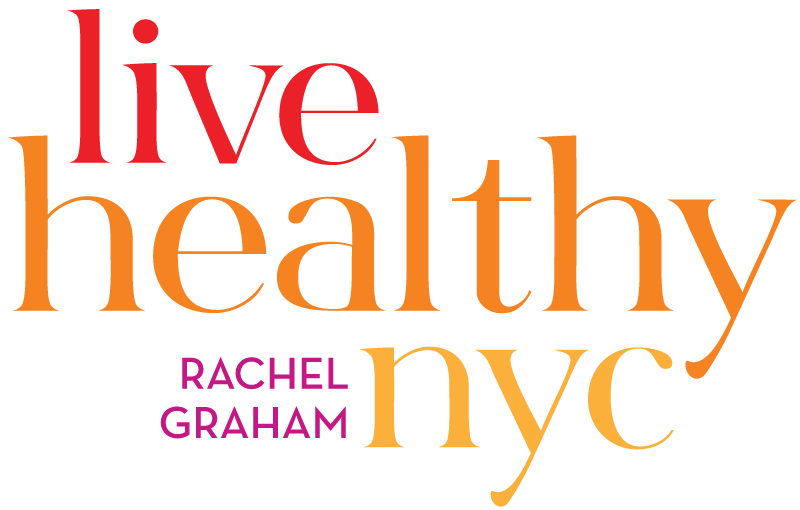As the warmer weather is approaching and more skin is showing (I have had enough of chunky sweaters and I am looking forward to tshirts and sundresses), what foods should we eat to help us fight belly bloat? There could be many reasons why our tummies are bloated and knowing your body is one of the first steps in understanding what could be the culprit. In most cases, bloat is the result of having extra gas in your system due to swallowing air or eating certain foods. So, keeping track of your daily diet (think food journal) is one way to figuring this all out. And while bloating is not comfortable, it’s usually only temporary. And often simple dietary tweeks can help.
Here are a few foods that you may want to stay away from:
PROCESSED FOODS- fast food, bottled salad dressings, store bought sauces and marinades, canned soups, deli meat and boxed pastries like donuts and cookies are loaded with salt. Sodium holds onto water and leaves us feeling uncomfortable.
HIGH FAT FOODS- foods high in saturated fats take longer to digest and because these foods move more slowly through the GI tract, bloating happens.
DAIRY- some people have a hard time breaking down the lactose and need to avoid dairy. However, yogurt may help fight belly bloat (more on that in a bit! Keep reading!)
APPLES- one of my all time favorite foods. But, some have a hard time tolerating this healthy fruit. Why? Because apples are high in fructose, and too much fructose can cause bloating. So, rather than giving this fruit up entirely, mabe eat a small apple or half of a large one. Or eat the apple with the skin because it contains insoluble fiber, which is most effective in aiding digestion. In addition, you can also eat cooked apples (baked or applesauce). And finally eat the apple slowly- you want to prevent too much air from getting in which causes gas to worsen.
BEANS AND LENTILS- these foods can cause bloating because of their fiber content. Fiber specifically is one of the nutrients in legumes that you don’t want to skimp on as it ( fills you up and keeps the digestive tract running smoothly, and feeds the beneficial bacteria in your gut microbiome. To avoid excessive gas, add these legumes slowly to your diet rather than eating big bowls of chilli or bean soups.
CRUCIFEROUS VEGETABLES- broccoli, cauliflower, cabbage, kale and brussel sprouts can be very gassy when eaten in large quantities. So, like eating beans and legumes, incorporate them into your diet slowly.
So, what should you eat to debloat?
Here are a few foods that you will want to enjoy:
CUCUMBERS- cucumbers are primarily made of water, which can help flush out any extra sodium in your system. Cucumbers also contain a flavonoid called quercetin which has strong anti-inflammatory properties.
YOGURT- yogurt is pretty widely known for its positive impact on gut health. Containing probiotics, which help to regulate digestion and improve overall GI health, yogurt can help prevent bloating. But, go for the plain varieties, as the added sugar in the fruit flavors contributes to bloating.
ASPARAGUS- diuretic properties found in asparagus’s asparagine, help your body flush out salt and water.
BANANAS- Bananas help fight the bloat and discourage water retention because of their potassium content. Potassium is a mineral and electrolyte that is important for regulating sodium levels in the body.
Pay attention to what you eat and how you feel when you eat the foods you do. For more information and help to create your own personal plan, feel free to contact me.

